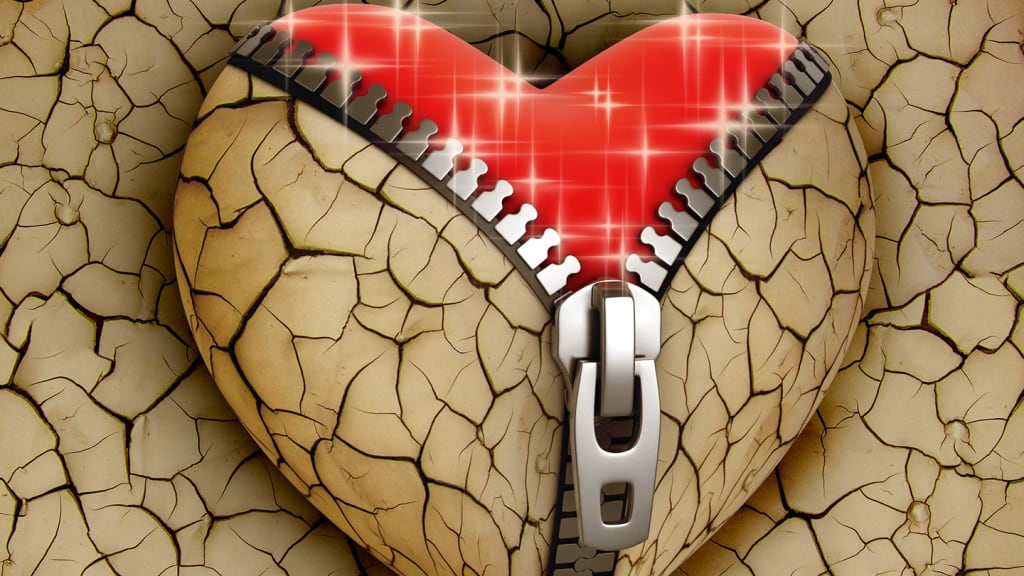LIFE AFTER DIVORCE
From Surviving to Thriving

LIFE AFTER DIVORCE
Divorce is the death of a marriage. Whether it is for one’s safety or sanity, there are situations in which it is necessary. Divorce is one of the most challenging experiences a couple can go through. It follows the same grief process as experiencing the death of a cherished loved one. Grief is not limited to the loss of relationships. You may also grieve the loss of a job, your health, a treasured possession, or anything you value. There are five stages of grief: (1) denial, (2) anger, (3) bargaining, (4) depression, and (5) acceptance.
Allow yourself to grieve. It is necessary to go through the grief process to promote healing from your divorce. As you go through the five stages of grief, repeating the steps throughout the process is not uncommon. For instance, the lack of fulfillment in the bargaining stage may cause you to return to your anger phase.
Denial - According to Relationship Transition Coach Adam Arrington, therapists have shown the human mind cannot turn off just one emotion or feeling. It is all or nothing when it comes to shutting down your feelings. Denial is a way to turn off the emotions related to divorce.
Anger – When you come out of denial and begin to deal with your divorce, it is not unusual to experience the emotion of anger. You may show resentment and even confront your spouse if you consider him/her responsible for the breakdown of your marriage.
Bargaining – This is the stage of grief in which you may try to reason with your spouse and negotiate terms to stay together. If you fail, you may return to the anger stage of your grief.
Depression – The stage of depression usually emerges once the individual has arrived at a sense of finality regarding the divorce. Depression shows up after the previous emotions have subsided. The duration varies based on the individual.
Acceptance – This final stage is the beginning of the healing process. It allows you to address the issue of divorce from a place of reality. You are now ready to move forward in your “new normal” and to rebuild your life from that place.
Forgiveness is key. You will not achieve complete healing without forgiveness. Your ex is not the only person you must forgive. It is necessary to forgive yourself. Sometimes, it is harder to forgive ourselves than to forgive others. It is easy to place the blame for the divorce on the other person. However, if you take responsibility for what you contributed to your marriage's demise, it will help your healing process. No one is perfect, which leaves the reality that you could have done better in the marriage.
It is not unusual to be upset with yourself for the mistakes you made. You may ask, “Why did I not see the pitfalls before we married?” Or you may have ignored the red flags, thinking your intended would change. Maybe you blame yourself for it all. There are countless reasons why you may need to forgive yourself. Regardless, self-forgiveness is necessary to move forward with your life and future relationships in a healthy manner.
Embrace the new you. As you recover from the loss of your old life, you must embrace your new life. Divorce brings many unexpected changes. You may have anticipated losing your home but did not expect the loss of your friends. It will help you find support from others who have experienced divorce or are trained to help you through your process.
Your family structure and daily routine will change. The divorce may also negatively affect your financial situation. If you married young, this might be the first time you are on your own. Life as you knew it is now over. Take the time you need to debrief yourself. What lessons have you learned? What do you want to accomplish in life? Do you know who you are and what you want as you move forward?
You have value and purpose. Your current situation does not define you. You are not a failure as a person because your marriage did not work. It was unfortunate, but you have the ability to recover from the pain and devastation of your divorce. As you navigate your way through the healing process and begin to embrace the new you, remember, you have value and purpose. With renewed focus and a sense of purpose, you will not merely survive your divorce, but you will thrive again.






Comments
There are no comments for this story
Be the first to respond and start the conversation.